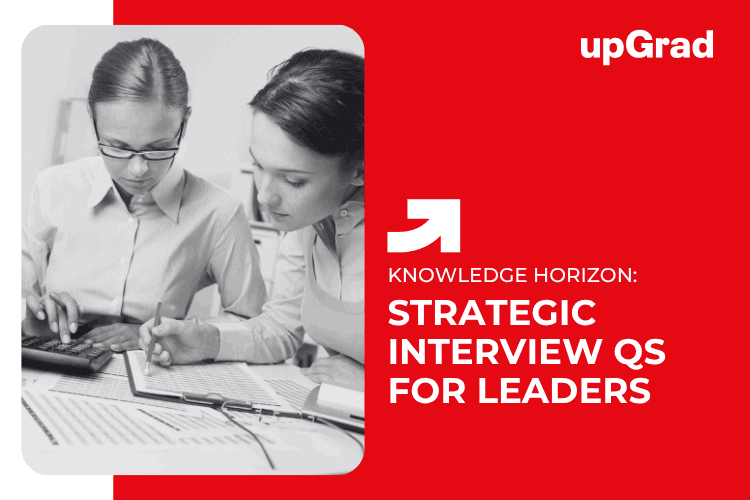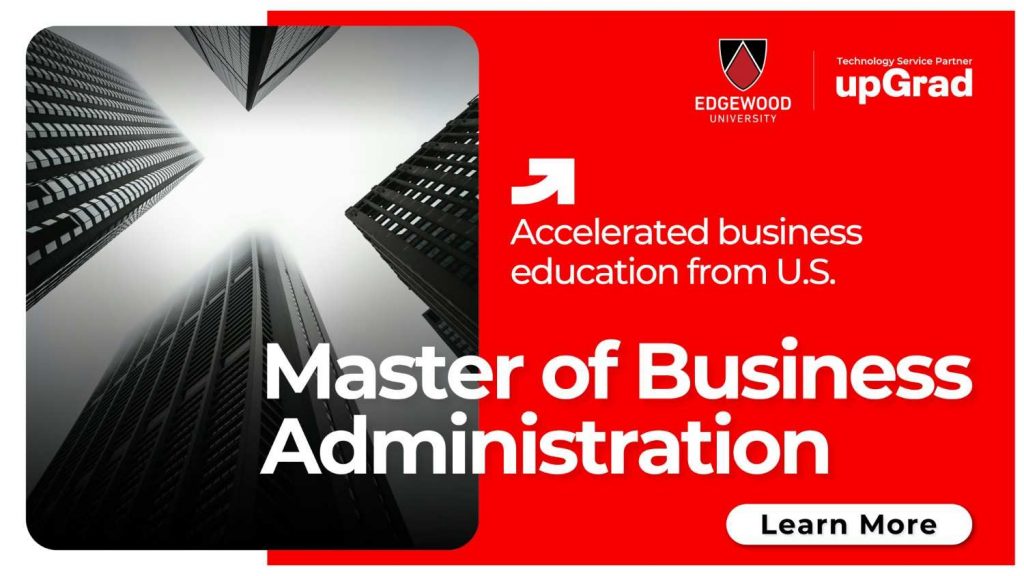Employers in various sectors and positions value strategic thinking as a critical ability. It entails analyzing complicated conditions, spotting emerging patterns, and creating workable plans to accomplish long-term objectives. Moreover, they frequently use a series of thought-provoking interview questions to gauge a candidate’s analytical brilliance, problem-solving skills, and decision-making ability when assessing prospects for strategic thinking.
This blog will cover the top Strategic Thinking Interview Questions frequently asked during job interviews and the interviewer’s viewpoint.
Commonly Asked Strategic Thinking Questions Interview Questions and Answers
1. How do you define strategic thinking, and why is it essential in your role?
The ability to evaluate difficult circumstances, foresee emerging trends, and create workable plans to accomplish long-term objectives is known as strategic thinking. It is essential since it helps you overcome obstacles, make wise decisions, and support the expansion and success of the company.
2. How do you handle uncertainty when making strategic decisions?
Uncertainty is a necessary part of making strategic decisions. I deal with it by compiling much information, speaking with specialists, and analyzing different possibilities. When we decided to enter a new market, there were many unknowns.
I devised several business scenarios, conducted in-depth market research, and created backup plans. Despite the initial uncertainty, this strategy allowed us to make an informed decision and enter the market successfully.
3. Can you provide an example of a situation where you applied strategic thinking to solve a complex problem?
Sure! The new entrant to the previous role presented the organization with fierce competition. To tackle this challenge, pinpoint its distinct value propositions, and create a strategy plan that sets it apart from its rivals, a thorough market landscape analysis was conducted.
The company recaptured market share and outperformed its competitors by utilizing customer information, optimizing pricing methods, and improving marketing efforts.
4. How do you measure a strategy’s effectiveness?
I use qualitative input from teams and customers and quantitative measures like market share or revenue growth. Frequent evaluations guarantee that our goals are being met.
5. What are the key factors you consider when building an action plan? (e.g., to increase sales)
Corporate abilities, competitive analysis, market trends, and client input are vital factors. I also ensure that precise KPIs measure our success.
6. How do you gather and analyze information to identify potential opportunities or challenges?
One way to respond to this issue is to say that primary and secondary research methods are combined when acquiring information. Following that, you examine market trends, study competitors, get client input, and work with cross-functional teams to acquire a variety of viewpoints.
This methodology facilitates the identification of developing prospects, plausible hazards, and domains wherein tactical maneuvers might have substantial impacts.
7. What are the key factors to determine when developing a successful long-term strategy?
A thorough understanding of both the market and customer needs, alignment with organizational goals and values, flexibility in responding to shifting market conditions, utilizing emerging technologies, encouraging innovation, and having a solid execution plan with quantifiable milestones are all essential to a successful long-term strategy. Over time, sustaining the strategy’s efficacy and relevance requires excellent communication, teamwork, ongoing assessment, and modification.
Conclusion
In a strategic thinking leadership interview, being ready for questions involving strategic thinking might help you stand out from the competition. By learning what strategic thinking entails and honing your responses to five critical questions, you may demonstrate your ability to plan, make wise judgments, and guide your team to success. Don’t forget to illustrate your decision-making process, give concrete instances, and show the results of your strategic objectives. I wish you well as you get ready for the interview!
FAQs
1. What is strategic thinking in the context of leadership?
Strategic thinking entails analysis and preparation to secure long-term success. To accomplish the organization’s aims, leaders must clearly define their objectives, foresee potential obstacles, and devise creative solutions.
2. What should be avoided when answering strategic thinking questions?
Avoid unclear responses, the absence of specific examples, placing too much focus on individual work while undervaluing team efforts, and neglecting to link your tactics to quantifiable results.
3. What qualities do interviewers look for in responses to strategic thinking questions?
Interviewers look for:
- Clear and logical thinking
- Ability to foresee and mitigate risks
- Innovative and creative problem-solving
- Effective communication and implementation of strategies
- Evidence of successful outcomes from past strategies
4. Why is strategic thinking important for leadership roles?
Leadership requires strategic thinking to make well-informed decisions, provide team members with a clear path forward, and ensure the company’s ability to evolve with the times and remain competitive in the market.





















